Healthy eyes are crucial for a child’s growth and development. In fact, over 80% of learning depends on visual input, making regular eye exams essential.
Research shows that 1 in 4 preschoolers has vision problems, and nearly 60% of children with learning difficulties also struggle with eye issues. If left untreated, these problems can affect academic performance, social development, and, in severe cases, may lead to permanent vision loss.
Are Pediatricians Enough for My Child?
Many parents believe that routine eye checks by pediatricians are enough. While pediatricians can conduct basic vision screenings, they cannot replace a detailed eye exam by an optometrist or pediatric ophthalmologist.
Eye care specialists are trained to detect subtle conditions such as:
-
Amblyopia (lazy eye)
-
Strabismus (crossed eyes)
-
Refractive errors (need for glasses)
-
Early signs of cataracts, glaucoma, or retinal issues
Pediatric visits are important, but they do not replace a comprehensive eye exam by a specialist.
Signs Your Child Might Have Vision Problems
Children often don’t realize they have poor vision. Parents should look out for:
-
Frequent eye rubbing or blinking
-
Squinting or covering one eye
-
Holding books too close while reading
-
Complaints of eye pain or headaches
-
Avoiding tasks that require close vision (reading, writing)
-
Difficulty tracking objects or maintaining eye contact
If you notice any of these, book an eye exam immediately.
What Happens During a Child’s First Eye Exam?
Unlike school or pediatric vision screenings, a comprehensive eye exam checks the overall eye health and development. It may include:
-
Vision assessment (clarity of sight)
-
Eye power assessment (Retinoscopy) to detect refractive errors
-
Dilated retina examination to check eye health inside
-
Squint test for eye alignment
-
Eye movement tests
Special charts, lights, and instruments are used to make the process child-friendly and safe.
Vision Screening vs. Comprehensive Eye Exam
-
Vision Screening: Basic checks are often done in schools or at pediatric visits. These can miss underlying eye diseases.
-
Comprehensive Eye Exam: Conducted by an optometrist or ophthalmologist. Detects hidden conditions early and ensures proper visual development.
Best Time to Plan Your Child’s Eye Exams
Eye exams should be scheduled based on age and health history:
-
Premature Babies – Early exam to rule out Retinopathy of Prematurity (ROP).
-
Newborns – Screening for congenital issues like cataracts or glaucoma.
-
6 to 12 Months – To confirm healthy eye development.
-
1 to 3 Years – Check for amblyopia, strabismus, or refractive errors.
-
3 to 5 Years – Pre-school exam to ensure readiness for learning.
-
5 Years and Older – Every 1–2 years, especially for detecting myopia, hyperopia, or astigmatism.
Early and regular eye exams are vital to your child’s success in school and overall well-being. Detecting problems early ensures proper treatment before they affect vision permanently.
Schedule your child’s comprehensive eye exam today at Diopta Eye Care Center.
2nd Floor, Hajj Musa Kasule Mall, Wandegeya, Kampala
Call: +256703973525
Email: info@dioptaeyecare.com



